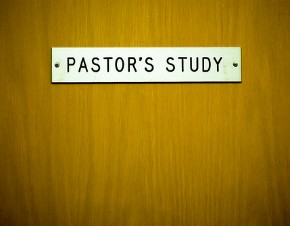Sex and the single Christian
The headline in the Chicago Tribune read: “‘Stunning change’ say local Catholics.” Pope Francis had convened an international assembly of Roman Catholic bishops and, in a preliminary report from the assembly, was calling for the church to welcome and accept gay people, unmarried couples, and those who have divorced. This marks a new, softer tone in the church’s traditional positions on sexual issues.
As expected, conservative bishops are suggesting that the report should be shredded. Along with some fellow Catholics, they insist on the importance of maintaining traditional church standards in the face of growing secularism and moral relativism. But many other faithful Catholics are embarrassed by the fact that the church’s traditional positions are increasingly removed from the way human beings actually behave.
Local Protestant and Catholic pastors have long been on the front lines of the conflict. After all, it’s in the privacy of the pastor’s study that the gap between what the church says and the way people live becomes apparent.
When I talked with couples who were planning their weddings, I’d ask each person for his or her address. I soon realized that often the couple shared an address. According to most Protestant denominations they were living in sin. Should I have terminated those interviews and lectured the couple on traditional church values and practice? I never did. Part of the reason is that I’d learned firsthand from my children that they were living in a world vastly different from the one I’d known as a young man. Many of us pastors, on learning that a couple shared an address, continued the conversation. By the end of my pastoral ministry, this situation had become the norm.
Pastors understand the tension between traditional values and reality. They understand that human beings have the capacity, need, and desire for fully expressed sexuality and that this comes long before marriage is possible or practical. As the average age for marriage rises, the tension becomes even more intense. For a cardiology resident and a fledgling attorney working 90-hour weeks, marriage doesn’t seem like a viable option. A pastor must decide whether to espouse traditional church doctrine or extend understanding of people’s life situations.
In American Grace: How Religion Divides and Unites Us, Robert Putnam and David Campbell say that one of the reasons young adults have fled the church is that they find its teaching about human sexuality judgmental, harsh, and exclusivist. I believe that we’re called to be less judgmentally certain and more understanding. On this issue, it’s time for the church to stop talking and proclaiming, and instead to listen for a while to the world and to the church’s people.






